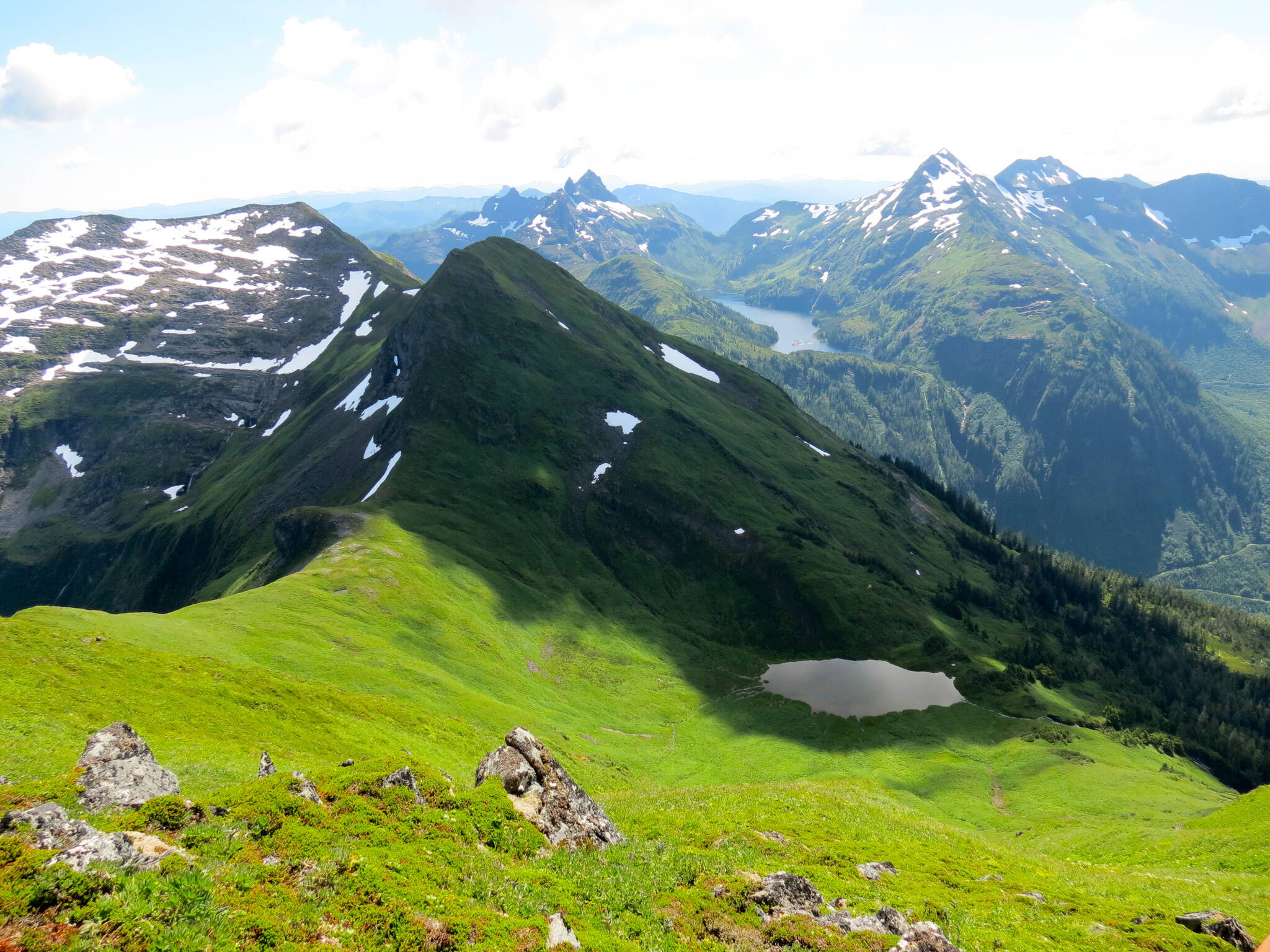Reading old writing is an experience. It can remind you of how far you’ve come, but is most commonly a reminder of where you were.
I’m compiling some old work along with writing a bunch of new stuff I hope will congeal into a book about my first ten seasons as a hunter.
Change often comes slow, in writing and hunting, so it can be hard to see just how much improvement or growth has happened until you look back. When it comes to hunting, my ten-year career seems to be an anthology of failure mixed with occasional success as though finding the silver-lining was the main goal. I suppose that might make for better copy than had I always been successful because who wants to read someone who never fails? Conflict drives plot and reveals character. Plus, no trust should be given to people who never admit wrongdoing or failure. (Insert political commentary tangent here)
I came upon a few things I wrote that seem like they were from the future, or at least foreshadowed the better writer I would become. Not that I am exceedingly confident in my ability with words. If anything, my self-deprecating humor or angles for hunting more closely mirror feelings of inadequacy or insecurities as a writer. But that doesn’t stop me from doing either.
When you write about your life, if someone finds it boring or uninteresting, that can feel like an indictment of your life. It shouldn’t. That is more accurately a failure to articulate something in a way that appeals to a reader. That shouldn’t necessarily be a problem either because you can’t write for everyone. The audience can be anyone, but the more specific an audience you have in mind, the more it will resonate. It’s an aim small, miss small principle.
The point of writing, however, isn’t to attempt to be a legend, it’s just to tell your story and see what happens. But audience and purpose have to be clear. Write for yourself, but to other people. Stories about how great you are or You had to be there stories don’t land.
Some of my favorite pieces ever were written by Russell Chatham. He lived in a bygone era in which fly fishing for king salmon in California yielded dozen-fish days, if not more. That is unthinkable now. He wrote what he knew and was specific. Those specifics ended up being timeless and universal though the fish population collapse. It doesn’t matter if people who fly fish don’t get it, nothing is for everyone and by aiming for a specific audience, he nailed it in a way that made him a writing legend.
If I want to write about a hunt so I can read about it later, that’s fine. If I want someone to look forward to what I have written, then it has to resonate. I have to be writing to an audience about something that means something to them, not writing to me about things that inflate my ego.
In addition to battling imposter syndrome to become a better writer and hunter and analyzing my effort, I also thought back to how many creative people I have met since I started writing a newspaper column for a California newspaper in 2008 then in Alaska when I moved home in 2013.
Whether it’s a writer, photographer, artist, podcaster or entrepreneur, you’re never hopelessly adrift in the creative world. Understanding this can sometimes be the difference between taking a break that becomes longer than you intended, or pushing through toward something that will make you look back and smile.
• Jeff Lund is a freelance writer based in Ketchikan. His book, “A Miserable Paradise: Life in Southeast Alaska,” is available in local bookstores and at Amazon.com. “I Went to the Woods” appears twice per month in the Sports & Outdoors section of the Juneau Empire.

